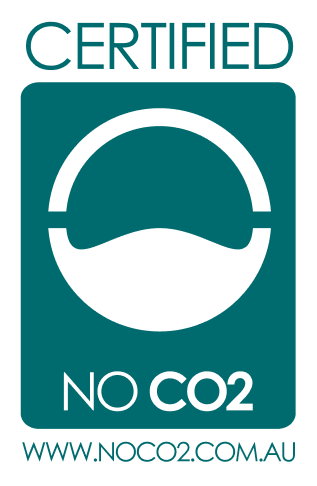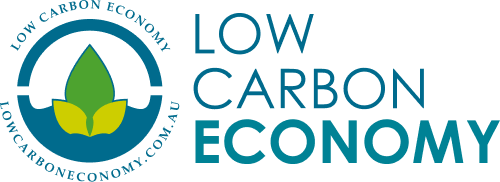With a strong and prominent connection to regional Victoria, Eplus Architecture is committed to ensuring the best outcome for all projects. This is driven by our dedication to professionalism, but also because we believe in our local and regional community and strive to contribute to its ongoing success and future growth.
Eplus Architecture prides itself in being able to provide expertise throughout all stages of the architectural process. We are multiskilled with a proven track record of adding value to projects and delivering the desired outcomes for our clients.
Our senior architects have each been working in the industry for more than 30 years, and our team of project architects, graduate architects, designers and drafts people combine the experience of longevity with the fresh innovation of newly established careers.
What does NoCO2 Certification mean?
By meeting the requirements of the NoCO2 Program, Eplus Architecture is certified as a Carbon Neutral Business by CRI; can be promoted and marketed as such and can display the NoCO2 Logo issued by CRI. To achieve this status and become carbon neutral Eplus Architecture undertook the following process:
- Commissioned a NoCO2 audit from CRI to measure their carbon footprint for FY2020. CRI’s NoCO2 audit follows the standards outlined by the World Business Council for Sustainable Development’s Greenhouse Gas Protocol Corporate Accounting and Reporting Standard (1), in addition to the international standard ISO 14064.1 (2).
- Have committed to offset their unavoidable emissions through the purchase of units in approved projects under the Verified Carbon Standard (VCS) and Gold Standard, and
- Committed to ongoing annual auditing of their emissions.
What Carbon Credit Projects does Eplus Architecture purchase offsets from?
India: Clean Energy from Wind Project
Environmental problems in India are growing rapidly. The increasing economic development and a rapidly growing population that has taken the country from 300 million people in 1947 to more than one billion people today is putting a strain on the environment, infrastructure, and the country’s natural resources. India’s air pollution is exacerbated by its heavy reliance on coal for power generation. Coal supplies more than half of the country’s energy needs and is used for nearly three-quarters of electricity generation. While India is fortunate to have abundant reserves of coal to power economic development, the burning of this resource, especially given the high ash content of India’s coal, has come at a cost in terms of public health risk and environmental degradation.
The Projects:
Investments in clean energy sources, such as wind, are therefore considered to be essential both in the interest of the environment and for public health reasons. Wind projects partially displace electricity currently generated from grid-connected conventional fossil fuel-based thermal power plants, while reducing emissions. Wind Projects reduce the emission of greenhouse gases and limit local air pollution, curtailing its negative health impacts. In addition to its environmental benefits, the implementation of the project creates job opportunities for local workers, contractors, and suppliers, while the operation and maintenance of the wind park generate long-term employment positions.
Certifications
Certified NoCO2 Business
Carbon Neutral Service



Contact
Eplus Architecture
111 MOLLISON STREET. BENDIGO, VICTORIA 3550






